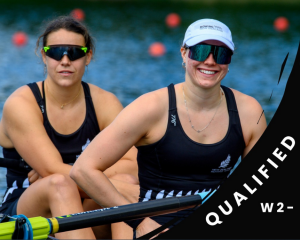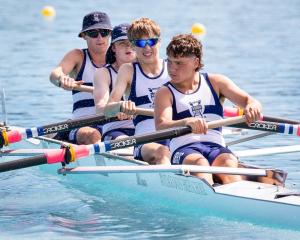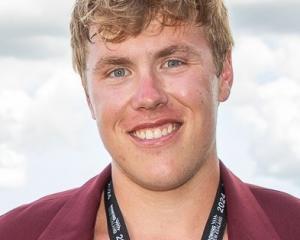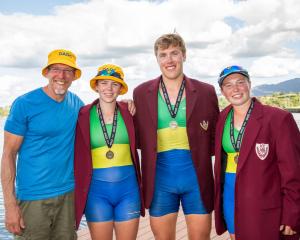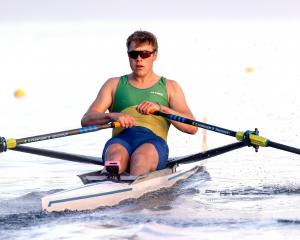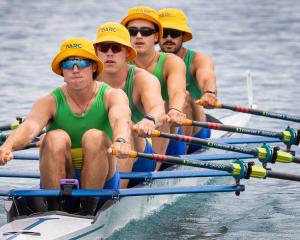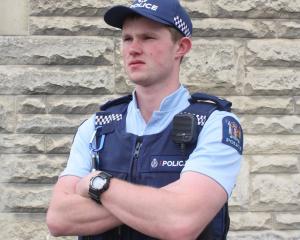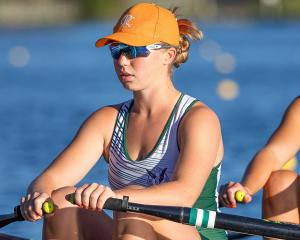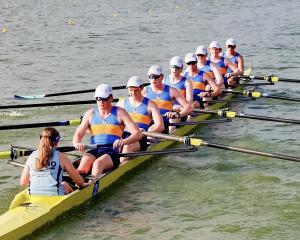The RPC structure was first introduced by Canterbury regional manager John Wylie, when three Christchurch clubs combined to competed at the national championships.
The concept was applied nationally when four centres - Auckland, Waikato, Central and Southern (based in Christchurch) - were started in 2004.
A satellite of the Southern region has been based at the Otago University Aquatic Centre for the last two years.
"We needed to expand the pool talent," Wylie said.
"We have seen the result of this over the last few days with 12 of the 18 New Zealand crews having a chance of reaching the finals of the world championships."
Before the introduction of the RPCs, a few talented individuals such as Rob Waddell, Philippa Baker and Brenda Lawson performed internationally.
"We now have a solid block of international rowers, a firm structure, a good career path for rowers and coaches and the best facilities and equipment," Wylie said.
The introduction of the centres was criticised initially because the idea went against the traditional thinking of clubs trying to win national titles on their own.
One of the strongest critics at the start was Dunedin's Neil Burrow, a life member of the North End Club, the Otago Rowing Association and Rowing New Zealand.
He has changed his mind after watching the New Zealand performances over the first four days of the world championships.
"There is no doubt that the RPCs have made the difference," Burrow said.
The system allows the best rowers to be part of regional crews at the national championships instead of just competing for their own club in inferior crews.
They must also be registered with their own club, which receives the kudos if they win national titles.
"We had to do something to support the developing talent, make sure they got into the best crews, and bring them ahead," Wylie said.
"We have seen the benefits on the lake over the last few days. Our rowers are better prepared for international competition and this would never have happened without the RPCs."
New Zealand crews have matched the Great Britain team, which has great financial resources behind it.
Dunedin's Lucy Strack (20) is a rower who has been fast-tracked into the world championships through the RPC system.
She gained selection after winning a silver medal at the under-23 world championships this year.
She is in the women's lightweight double sculls.
Young Canterbury rowers James Lassche and Beatrice Heaphy-Hall are in the New Zealand men's and women's eights, which have performed above expectations.

